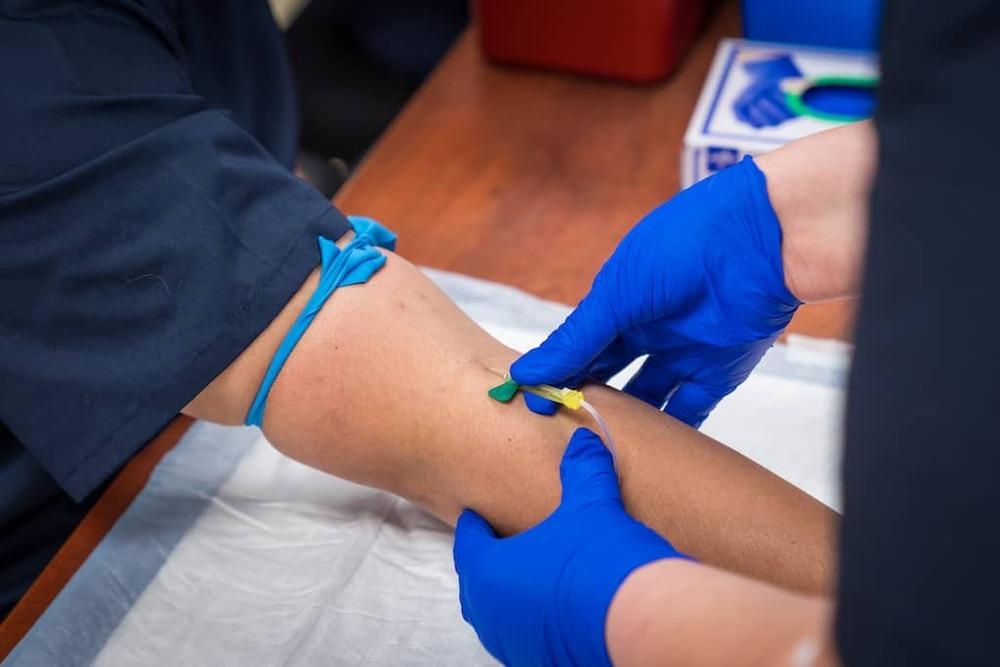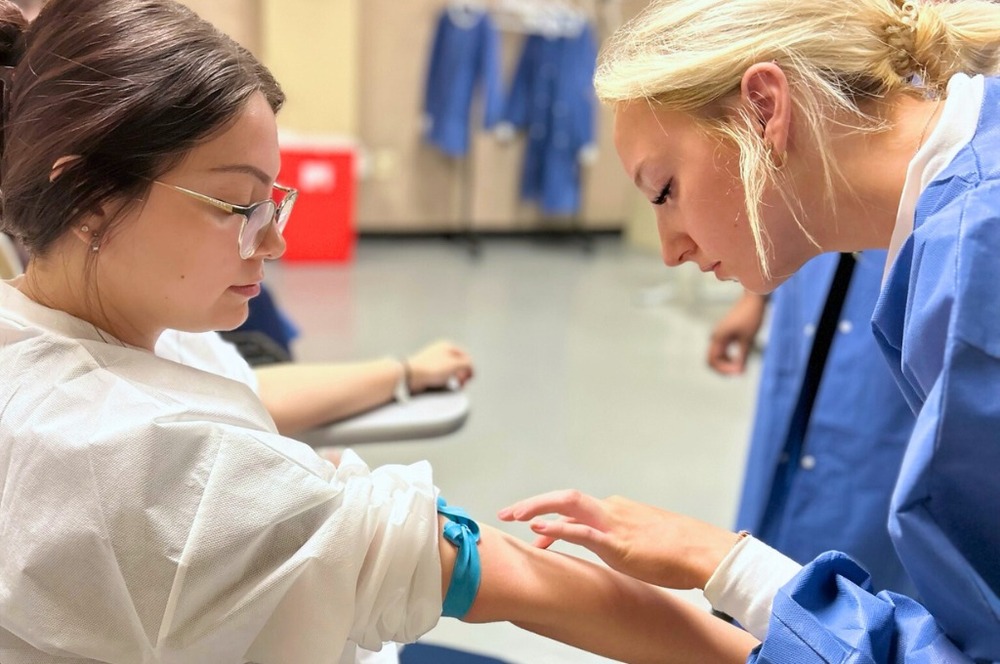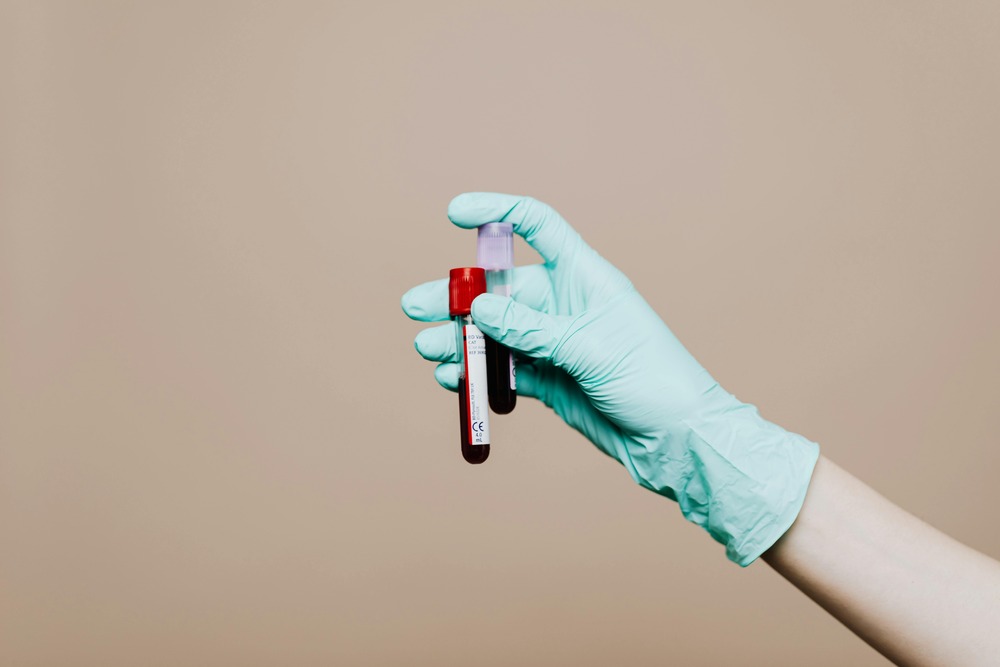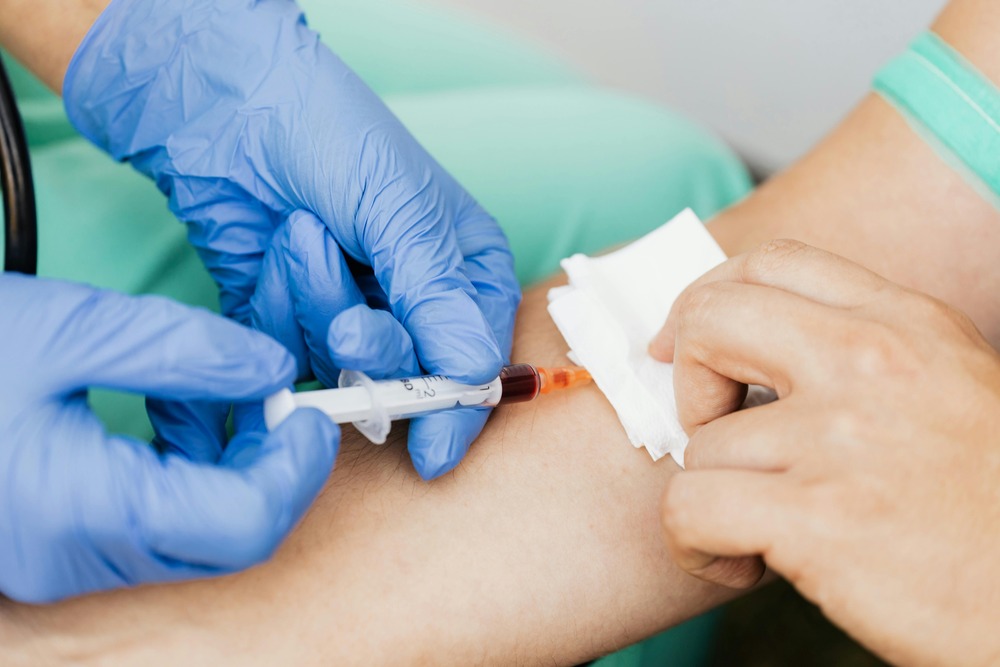In today's fast-paced healthcare environment, the demand for skilled medical assistants is on the rise. According to the U.S. Bureau of Labor Statistics, employment for medical assistants is projected to grow by 19% from 2019 to 2029, much faster than the average for all occupations. This growth is largely driven by an aging population and the increasing need for healthcare services. If you're looking to enter this rewarding field, taking phlebotomy courses can be a game-changer. 🩸

Phlebotomy, the practice of drawing blood for tests, transfusions, or donations, is a critical skill in the healthcare industry. By acquiring this skill, you not only enhance your resume but also position yourself as a more competitive candidate for medical assistant roles. Let's explore how phlebotomy courses can fast-track your career and provide you with valuable insights into the healthcare sector.
The Importance of Phlebotomy Skills
Phlebotomy skills are essential for medical assistants, as they often perform various tasks that require blood collection. Here are some key statistics that highlight the importance of phlebotomy in the medical assistant role:
| Skill Set | Percentage of Medical Assistants Performing This Task |
|---|---|
| Blood Draws | 70% |
| Patient Preparation | 65% |
| Lab Specimen Handling | 60% |
| Vital Signs Monitoring | 80% |
As you can see, a significant portion of medical assistants are involved in blood draws and related tasks. By completing a phlebotomy course, you can ensure that you are well-prepared for these responsibilities.
Benefits of Taking Phlebotomy Courses
-
Enhanced Employability: Employers often prefer candidates with specialized skills. By adding phlebotomy to your skill set, you can stand out in a competitive job market. A survey by the National Healthcareer Association found that 85% of employers consider phlebotomy certification a valuable asset when hiring medical assistants. 🌟
-
Increased Earning Potential: According to PayScale, medical assistants with phlebotomy skills can earn an average of $16.50 per hour, compared to $15.00 per hour for those without. Over time, this can lead to a significant increase in your overall earnings. 💰
-
Comprehensive Training: Phlebotomy courses typically cover essential topics such as anatomy, blood collection techniques, and safety protocols. This comprehensive training not only prepares you for the certification exam but also equips you with the knowledge needed to excel in your role.
-
Networking Opportunities: Enrolling in a phlebotomy course can connect you with industry professionals and fellow students. These connections can lead to job opportunities and mentorship, further enhancing your career prospects. 🤝
Course Structure and Duration
Phlebotomy courses vary in length and structure, but most programs can be completed in a few months. Here's a breakdown of what you can typically expect:
| Course Component | Duration (Weeks) | Description |
|---|---|---|
| Classroom Instruction | 4-6 | Theoretical knowledge on blood collection and safety. |
| Hands-On Training | 2-4 | Practical experience in drawing blood and handling specimens. |
| Certification Exam | 1 | Assessment to validate your phlebotomy skills. |
Many institutions offer flexible online options, allowing you to balance your studies with work or other commitments. For more information on available courses, you can check out Phlebotomy Training Online.
Career Advancement Opportunities
Completing a phlebotomy course can open doors to various career paths within the healthcare sector. Here are some potential roles you can pursue:
| Career Path | Average Salary (Annual) | Description |
|---|---|---|
| Medical Assistant | $35,850 | Provides administrative and clinical support in healthcare settings. |
| Phlebotomist | $36,320 | Specializes in blood collection and specimen handling. |
| Laboratory Technician | $52,330 | Conducts tests and analyzes samples in a lab environment. |
| Healthcare Administrator | $98,350 | Manages healthcare facilities and oversees operations. |
As you can see, the skills gained from a phlebotomy course can lead to various rewarding career opportunities, each with its own unique responsibilities and salary potential.
Conclusion
In conclusion, enrolling in phlebotomy courses can significantly enhance your qualifications and fast-track your path to becoming a medical assistant. With the growing demand for healthcare professionals, now is the perfect time to invest in your education and skill set. By acquiring phlebotomy skills, you not only improve your employability but also position yourself for a successful and fulfilling career in the healthcare industry. 🌈
If you're ready to take the next step, consider exploring local community colleges or online programs that offer phlebotomy training. The journey to becoming a medical assistant is just a course away! 🚀




